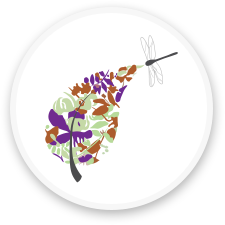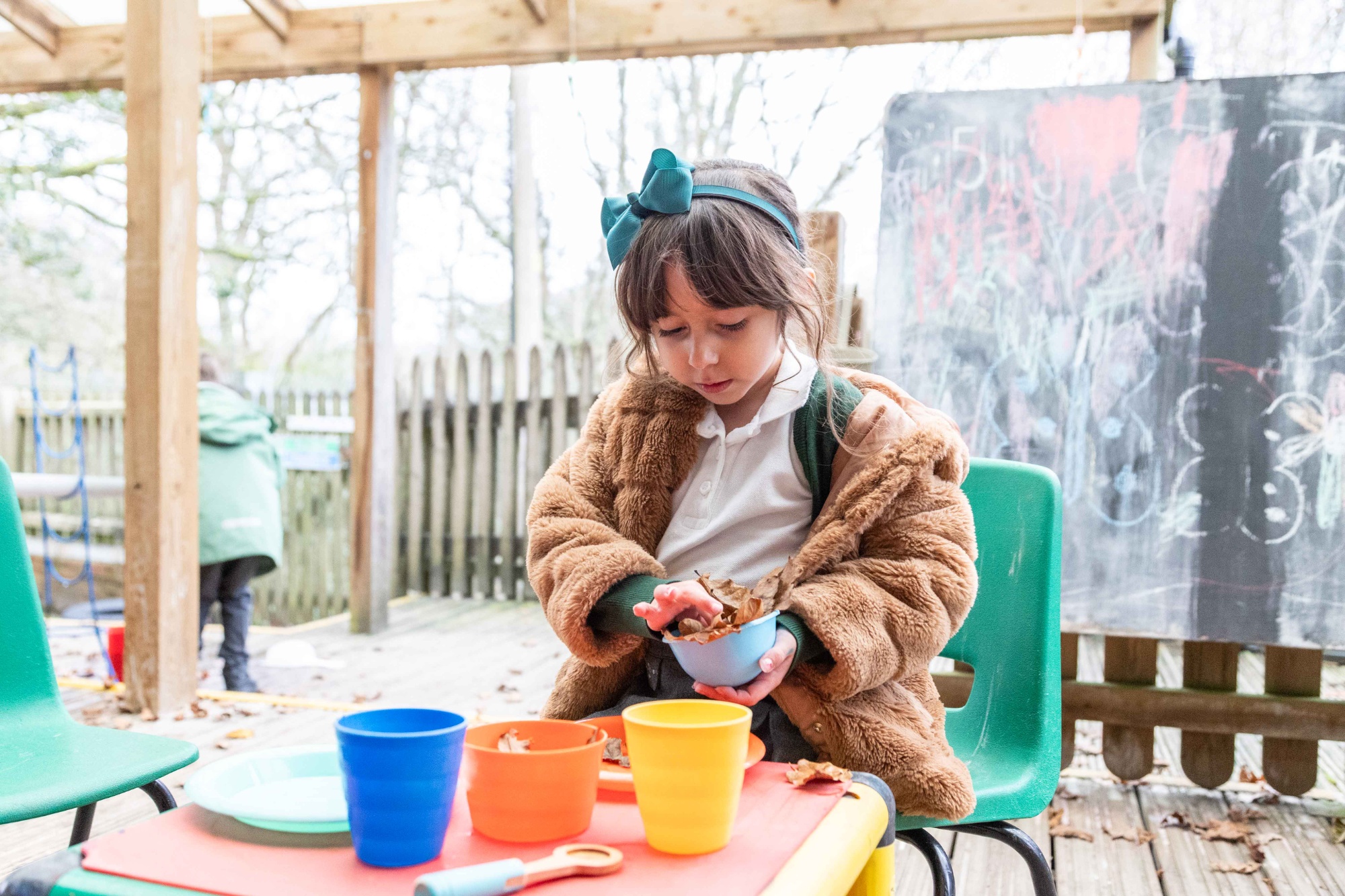Early Years
The goal of early childhood education should be to activate the child's own natural desire to learn.
-Maria Montessori
Our Vision
Learning in the Early Years Foundation Stage challenges children to become independent, motivated learners who are full of curiosity about the world around them. Within our fun, happy and secure environment, our children experience consistent teaching, engaging hands-on learning and a child-centred curriculum that ensures the consistent development of skills across all areas of learning. Children are encouraged to explore, take risks, and form positive relationships with their peers in a setting that celebrates the uniqueness of every child.
Characteristics of Effective Learning
The characteristics of effective learning are central to our planning, observation and assessment cycle. We want our children to be excited, motivated, curious, involved and resilient learners who flourish in the early years, in readiness for Year 1. Throughout the day, children have the opportunity to play, explore, share their ideas, make connections, test out their ideas and make mistakes.
Playing and Exploring
Children investigate and experience things, and 'have a go'. Children who actively participate in their own play develop a larger store of information and experiences to draw on which positively supports their learning.
Active Learning
Children concentrate and keep on trying if they encounter difficulties. They are proud of their own achievements. For children to develop into self-regulating, lifelong learners, they are required to take ownership, accept challenges and learn persistence.
Creating and Thinking Critically
Children develop their own ideas and make links between these ideas. They think flexibly and rationally, drawing on previous experiences which help them to solve problems and reach conclusions.
Parent Partnership
Working in partnership with parents and carers is a central part of our early years vision. We invite parents into our classrooms regularly throughout the year to share in their child's learning, for example during Welcome Wednesdays. We communicate every day at the school gate, via Seesaw and at key points in the year during parent consultations and end of year reports.
Our Projects
Discover: All About Us
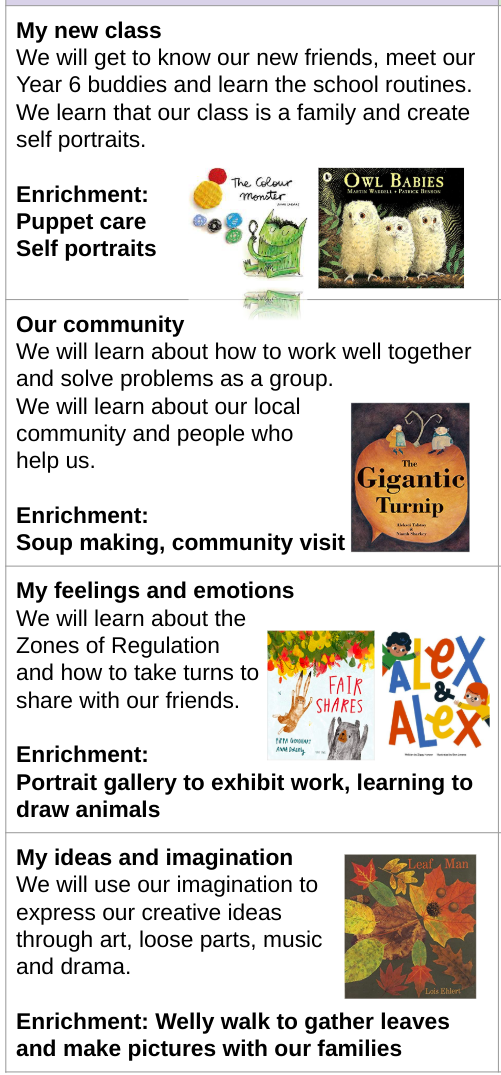
Explore: Our World
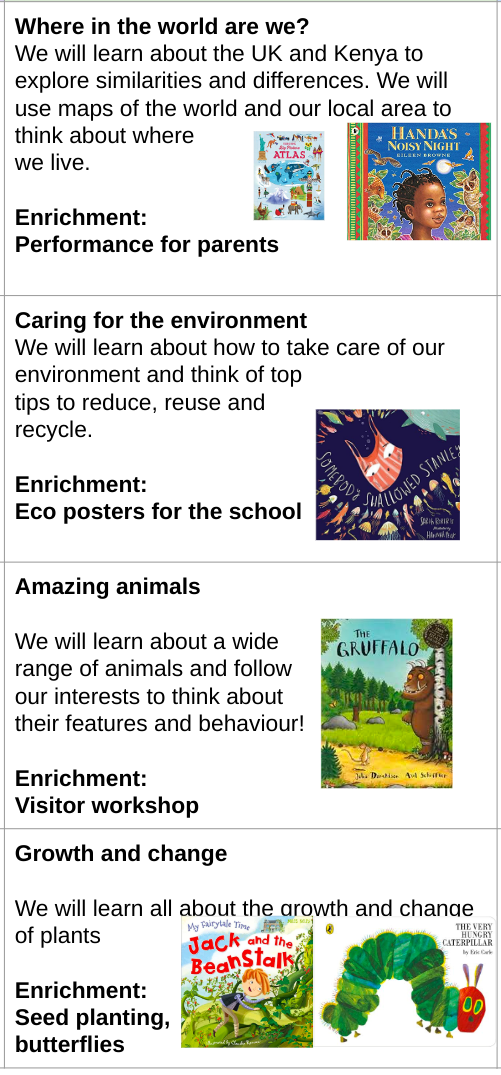
STEM: Make, Build, Create!
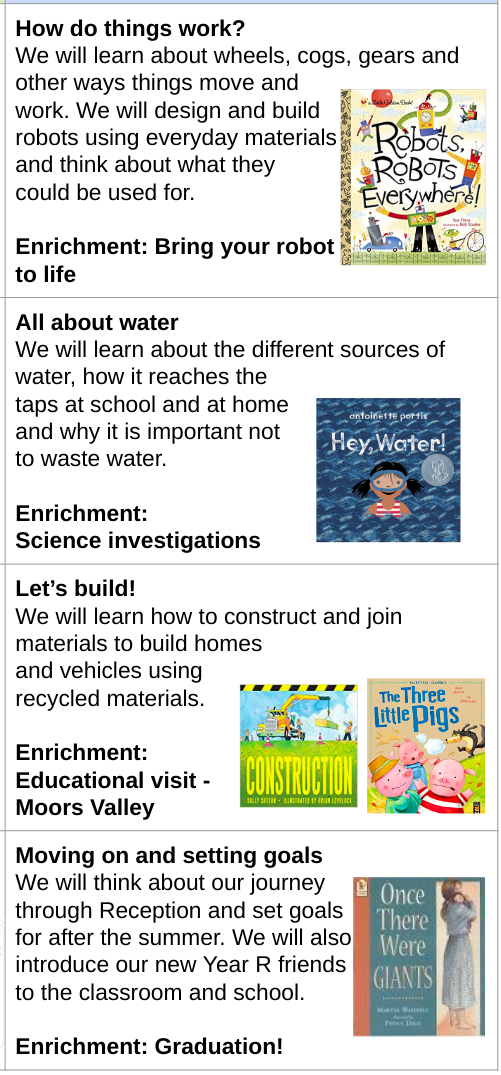
Areas of Learning and Development

Phonics and Early Reading
Our school has chosen Little Wandle Letters and Sounds Revised as our Systematic Synthetic Phonics (SSP) programme to teach early reading and spelling. The lessons are fun, interactive, engaging and have been designed to gradually build over time.
We teach blending so your child learns to read.
•Teacher-led blending is taught throughout.
•Our aim is to teach every child to blend by Christmas.
•We will inform you if your child needs additional practice.
Tricky words
•These words have unusual spellings e.g. he, the, was.
•They are taught in a systematic way.
Reading practice sessions are:
•timetabled three times a week
•taught by a trained teacher/teaching assistant
•taught in small groups
•children in Reception will bring a book home by week 4 of the first half-term.
